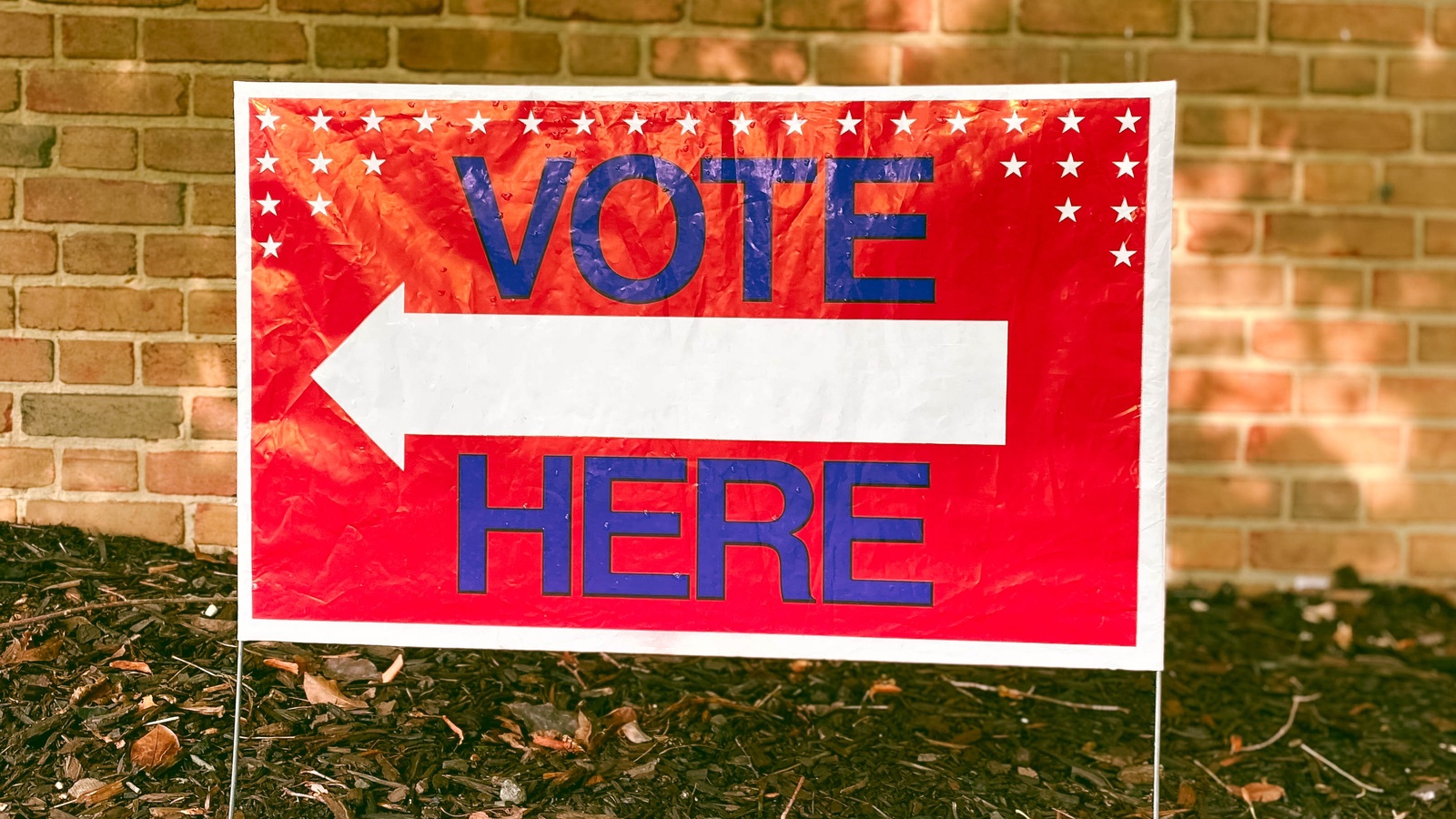A man from Texas who said he waited "a little over six hours" at a polling center in Houston last year, was arrested and charged with two counts of illegal voting, CNN reports.
Hervis Earl Rogers voted back on Nov. 6, 2018, and again on March 3, 2020, despite being on parole after serving a 25-year sentence for a crime. Because he was on parole as a felon, Rogers was ineligible to vote under Texas law, the office of the Texas attorney general stated.
Ken Paxton, the attorney general who ordered the arrest, took to Twitter to defend the charges his office levied against Rogers.
“Hervis is a felon rightly barred from voting under TX law . . . I prosecute voter fraud everywhere we find it,” Paxton’s tweet read.
Hervis is a felon rightly barred from voting under TX law. This liberal NPR article even says so, but buries it: “Rogers voted before his parole was scheduled to end, he was likely ineligible to cast a ballot on Election Day.”
I prosecute voter fraud everywhere we find it! https://t.co/cXTjGIXfe1
— Attorney General Ken Paxton (@KenPaxtonTX) July 9, 2021
When he assumed office, Paxton made voter fraud one of the driving forces of his administration. Since his election, more than 130 people were prosecuted between 2005 and 2018, KUT 90.5 reports.
Critics of Paxton cite how Texas voting laws disproportionately impact people of color. Of the 490,000 Texans who were on probation or parole in 2017, Black Texans were four times more likely to be incarcerated than their white counterparts, the Sentencing Project reported.
The news came as a shock to Rogers who believed he was eligible to vote
“He’s really devastated,” Andre Segura, the legal director for the ACLU of Texas and one of Rogers’s lawyers, said. “He does not want to go back to jail.”
"That's why he went and stood in line for almost seven hours and spoke to CNN about it. He felt he was doing the right thing," Segura said. "Where's the evidence he knew or intended to vote illegally?"
Last year, Rogers was determined to exercise his right to vote although he had to wait until after midnight to cast his ballot at Texas Southern University. He mentioned that he almost gave up but decided against it.
“But I said to myself, ‘Nah. Don’t do that,” he said. “It was set up for me to walk away, but I said, ‘No, I’m not going to do that.”
If convicted, Roger faces 20 years in prison.
